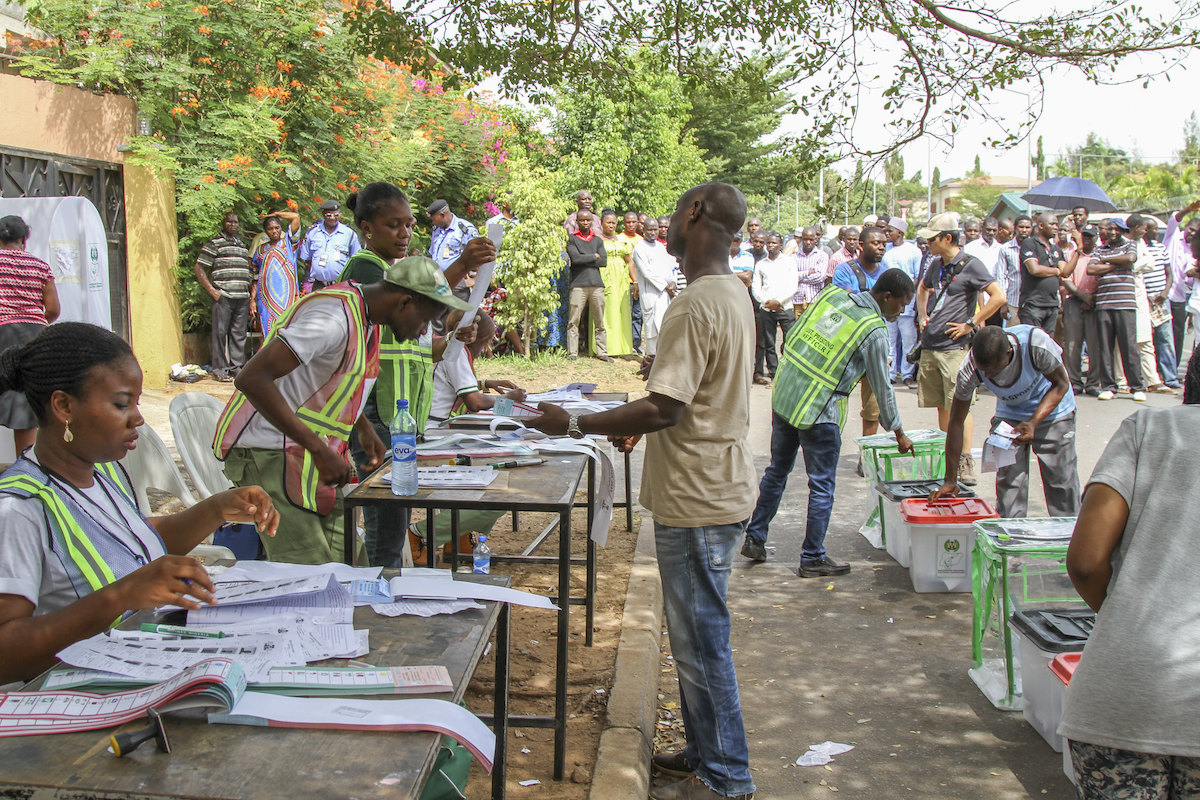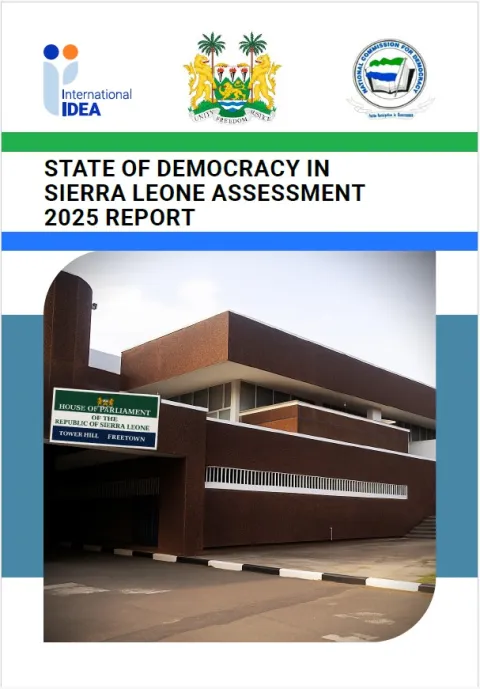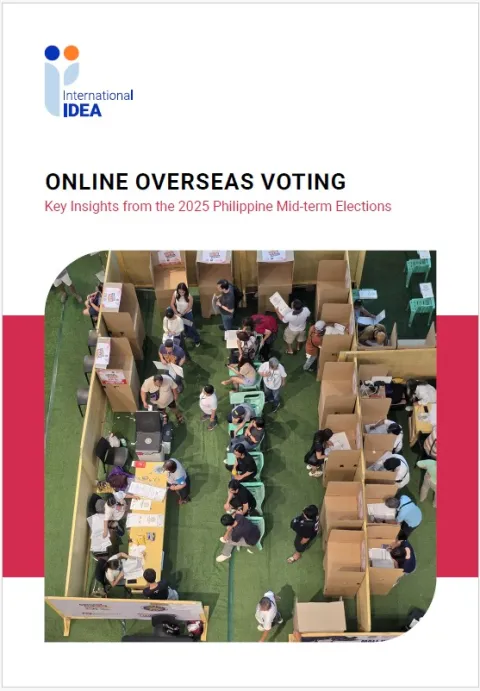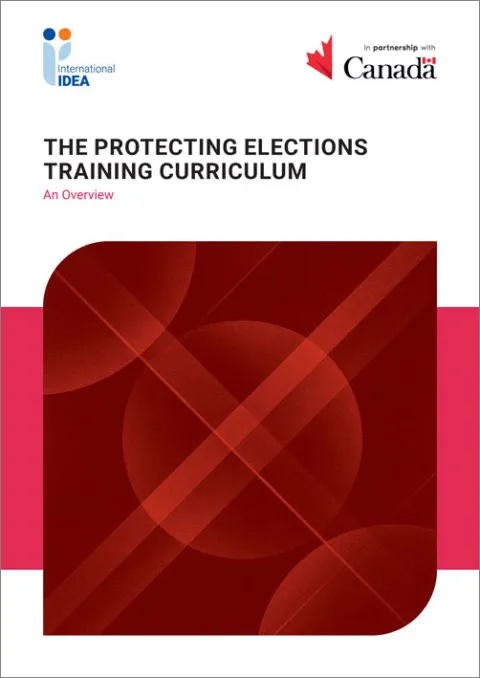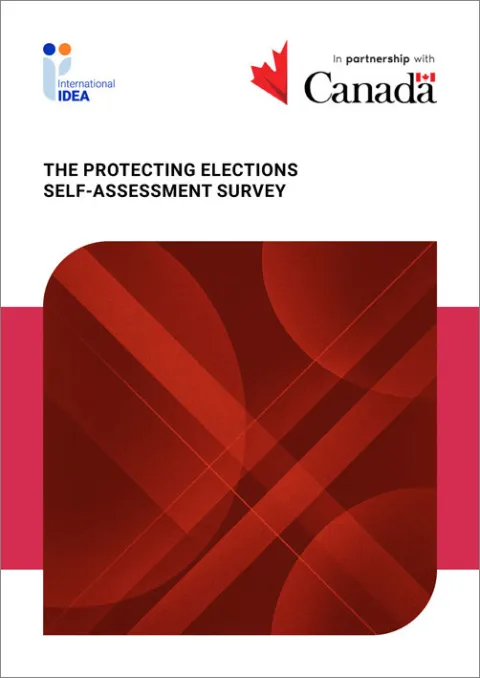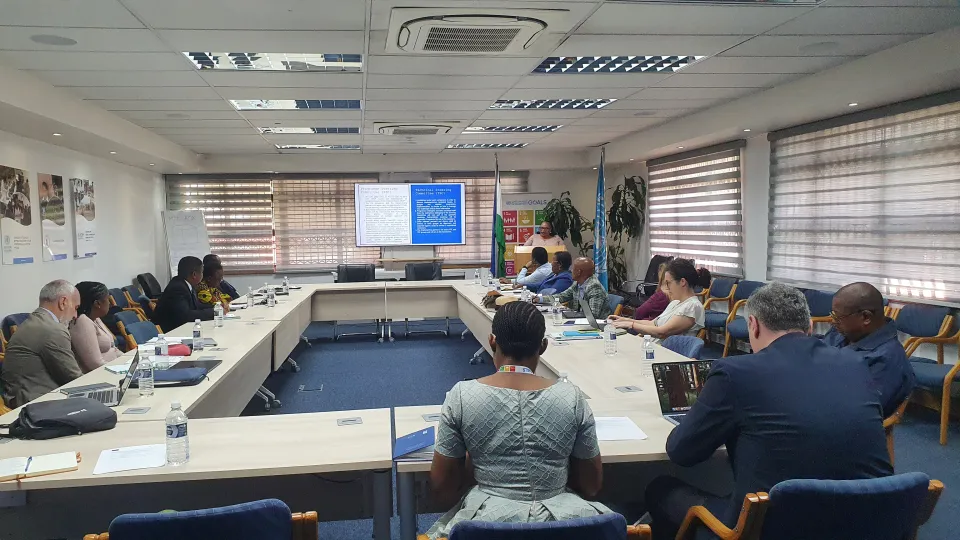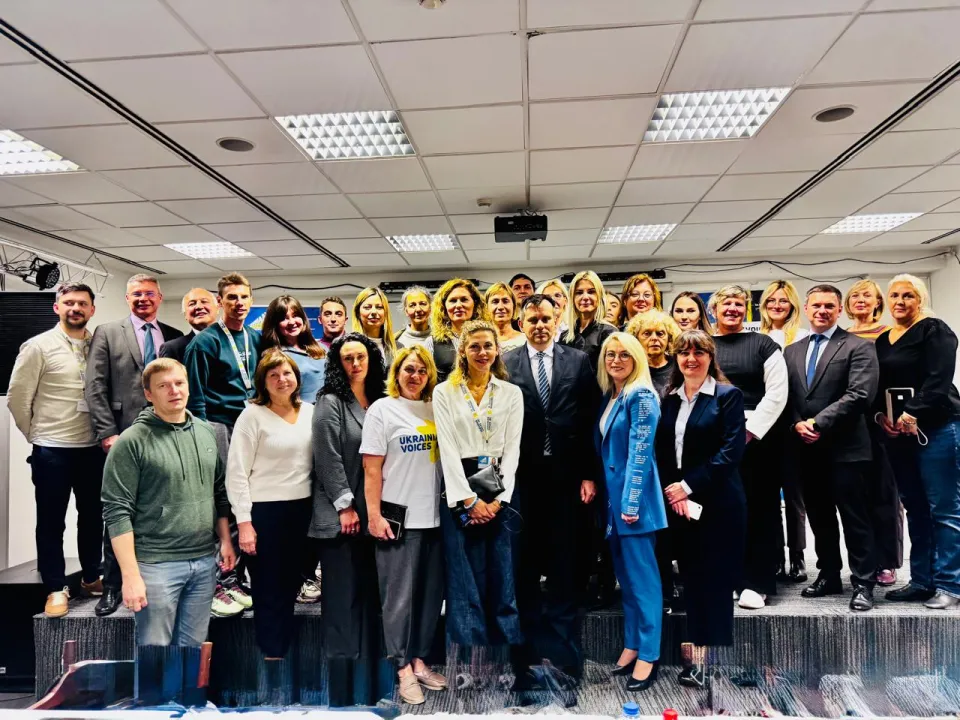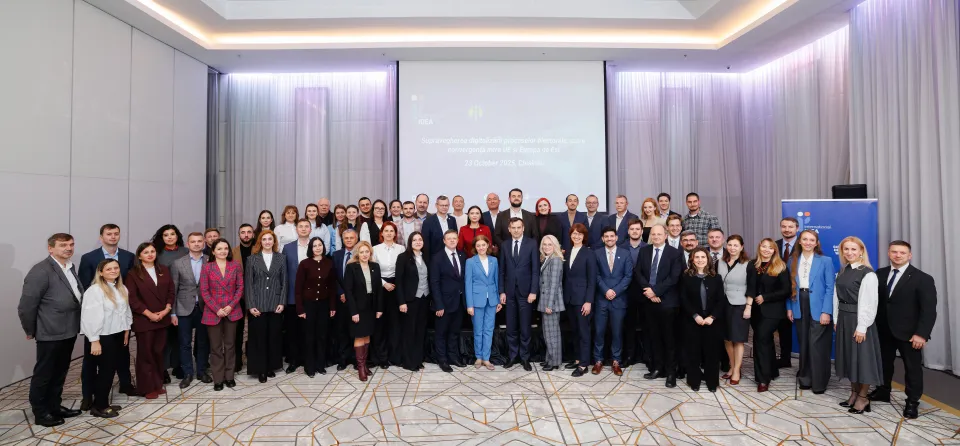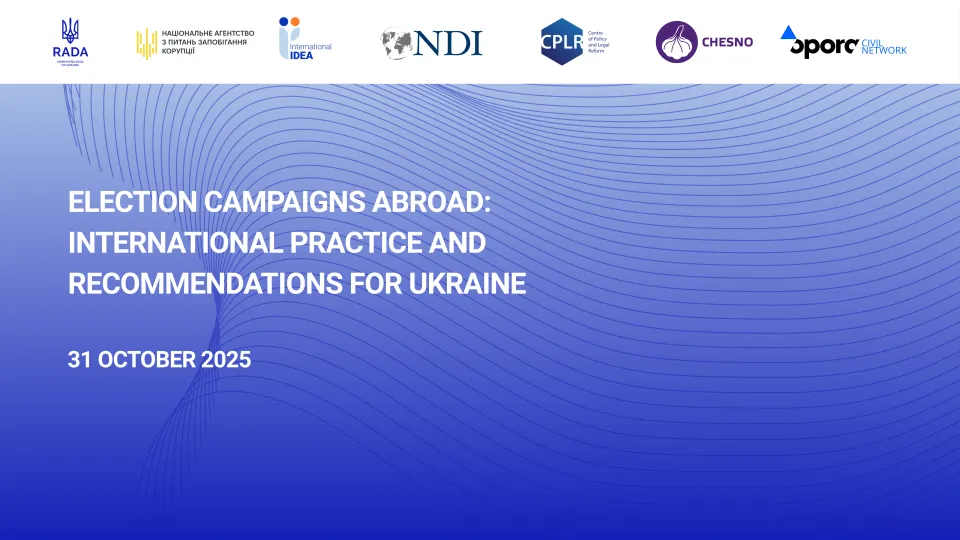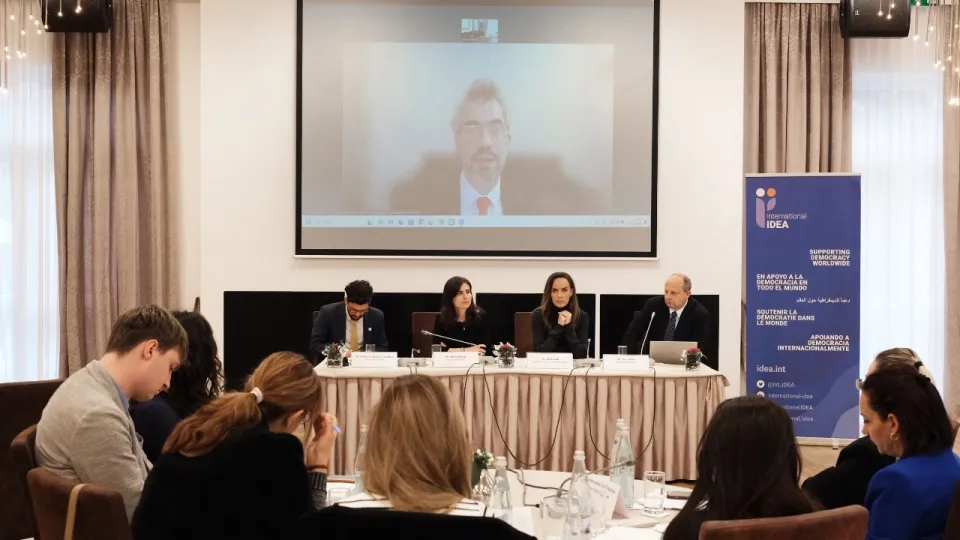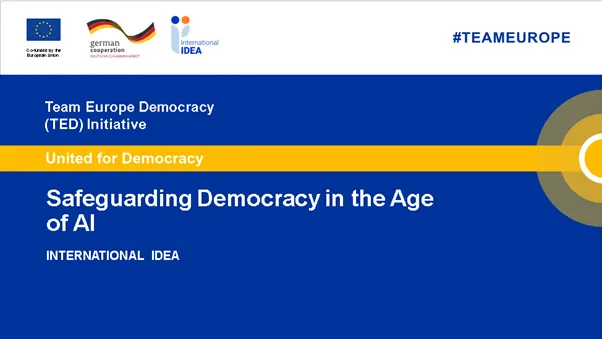Financing Electoral Management Body and Electoral Activity Costs in the United Kingdom
Electoral management in the United Kingdom is decentralised and largely delivered by local authorities with local government is a strong feature of governance and democracy. The national Electoral Commission was established in 2000 to provide advice and guidance on election administration and to regulate the financing of political parties.
Elections have historically been run by returning officers, who are appointed by local authorities. The organizational structure of local government varies enormously across the United Kingdom. There are 317 local authorities in England, across five different types (county, district, unitary, metropolitan and London boroughs), 22 unitary authorities in Wales, 32 unitary authorities in Scotland and 11 local authorities in Northern Ireland. The electoral cycle, electoral system and governance arrangements vary across all these bodies. Several organizations are involved in funding elections because of an increase in the number and type of elections held. The arrangements for funding elections are therefore complex.
This Brief discusses the financing of the electoral management body and the electoral activity in the United Kingdom. The Brief is part of the Financing Electoral Management and Electoral Activities project.
Details
Related databases & tools
Contents
1. Historical, political and economic context
2. Electoral management body responsibilities
3. The public financial management framework
4. Expenditure data on elections
5. Negotiating the public financial management framework
6. Pressures on and concerns about UK electoral funding
7. Conclusion
References
Give us feedback
Do you have a question or feedback about this publication? Leave us your feedback, and we’ll get back to you
Send feedbackFinancing Electoral Management Body and Electoral Activity Costs in the United Kingdom
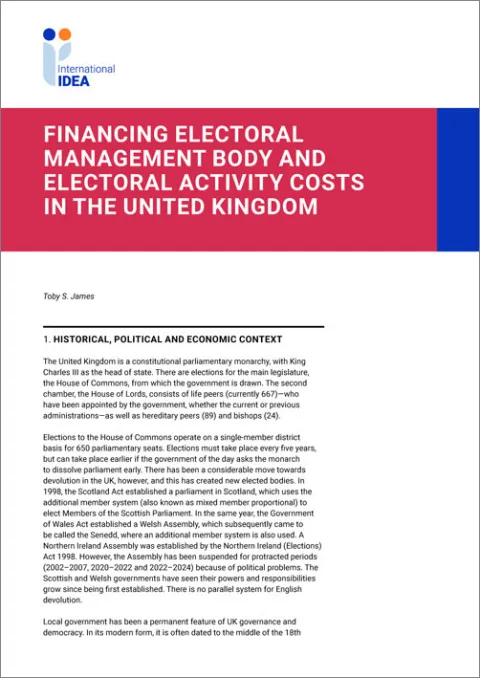
| Total views | 3187 |
|---|---|
| Downloads | 99 |
| Rating |
Related databases & tools
Give us feedback
Do you have a question or feedback about this publication? Leave us your feedback, and we’ll get back to you
Send feedback